Cars and Drivers
11 Tesla Competitors: Discover Which Could Threaten The EV Carmaker's Dominate Run

Published:

Sales of electric vehicles (EVs) rose by an order of magnitude between 2017 and 2022, from about 1 million to 10 million. That’s more vehicles than the 9.5 million of all types sold last year in the European Union and about half the total number of new cars sold last year in China. Tesla Inc. (NASDAQ: TSLA) sold more than 10% of the 2022 total.
EVs, a category that includes both battery-electric vehicles (BEVs) and plug-in hybrid electric vehicles (PHEVs), accounted for 14% of all new car sales globally in 2022.
Tesla, the world’s largest seller of BEVs, sold about 890,000 vehicles in the first half of 2023. That’s half again as many as its nearest competitor. But that competitor, China’s BYD, also produces PHEVs, and when sales of the two types are combined, BYD’s sales for the first half of the year totaled around 1.25 million.

EV makers continue to face two difficult problems. First is what’s known as range anxiety, a concern that the car’s battery won’t have enough juice to reach the next charging station. This is less of a concern in China and Europe than in the United States.
Car buyers have responded to this concern by turning to PHEVs that combine a short-range electric motor with a traditional internal combustion engine (ICE). Mileage ratings on some of these vehicles reach 100 mpg equivalent.
The second problem EV makers face is cost. The average price at the end of August for a BEV is more than $5,000 above the average $48,451 price of all new cars. A year ago, the average BEV cost $65,688 and has fallen by almost 20% today. Jonathan Smoke, chief economist at Cox Automotive, commented:
The No. 1 issue for consumers is price, and that’s a barrier even to considering an electric vehicle. As an economist, I can confidently predict that surplus inventory and increased competition will eventually drive down prices, which will help with EV consideration and adoption.
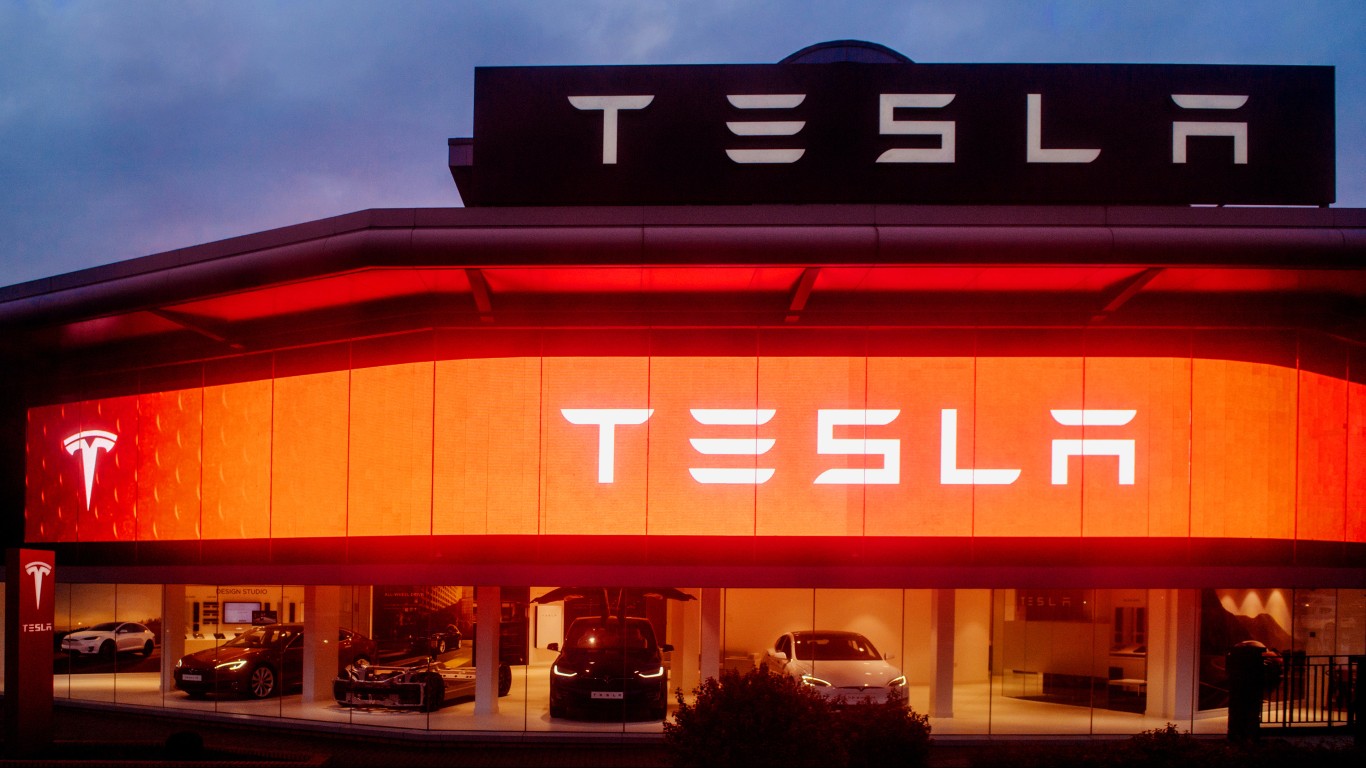
Last year, Tesla’s market share dropped from 62% in the first quarter of 2023 to around 50% in the third quarter. Total U.S. EV sales rose to more than 300,000 in the third quarter and are on track to top 1 million for the first time in the company’s history. That happened despite a Tesla-inspired price war that began in January and continues even now. So far, the price war has cost Tesla about 7 points of gross margin.
And while CEO Elon Musk spent a good part of the company’s third-quarter conference call talking about reining in costs, he was notably short on details for an imminent turnaround.
Keeping an eye on EV startups like Rivian Automotive Inc. (NASDAQ: RIVN) or Lucid Group Inc. (NASDAQ: LCID) may be important to an investor’s wallet but carry almost no weight in the market. Neither do several Chinese EV makers already selling cars in Europe and the United States. Ford Motor Co. (NYSE: F) ranked 17th in EV sales for the first nine months of 2023, according to EV-volumes.
The fastest-growing Chinese EV maker in the first half of the year was Li Auto Inc. (NASDAQ: LI) sold fewer than 250,000 cars, all PHEVs. EV makers Nio Inc. (NYSE: NIO) and Xpeng Inc. (NYSE: XPEV) barely sneaked into the top 25 global EV makers.
One last point: legacy automakers are pulling back on their EV plans and building more ICE vehicles, thus avoiding further entanglement in Tesla’s price war.
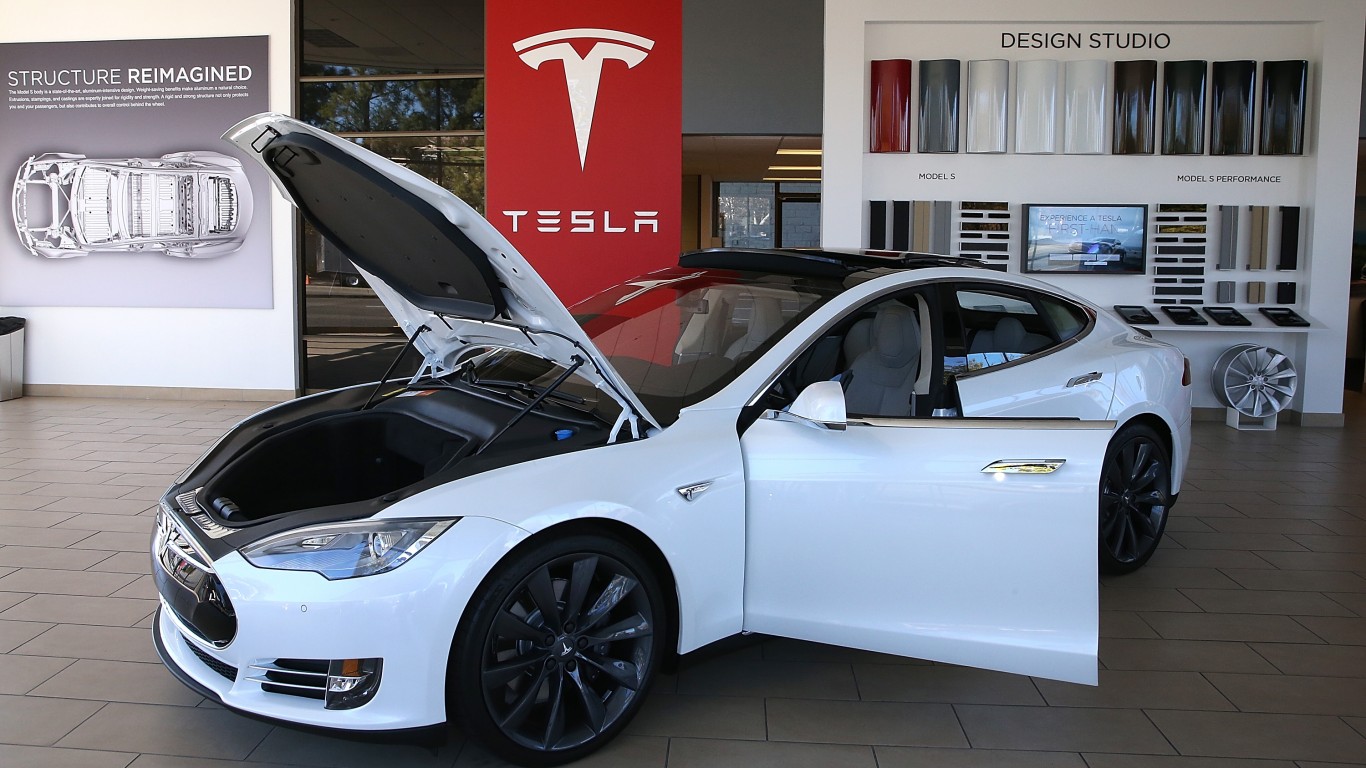
Legacy automakers with decades of experience building ICE vehicles account for six of Tesla’s top rivals. Four of the 11 sell virtually all of their vehicles only in China.
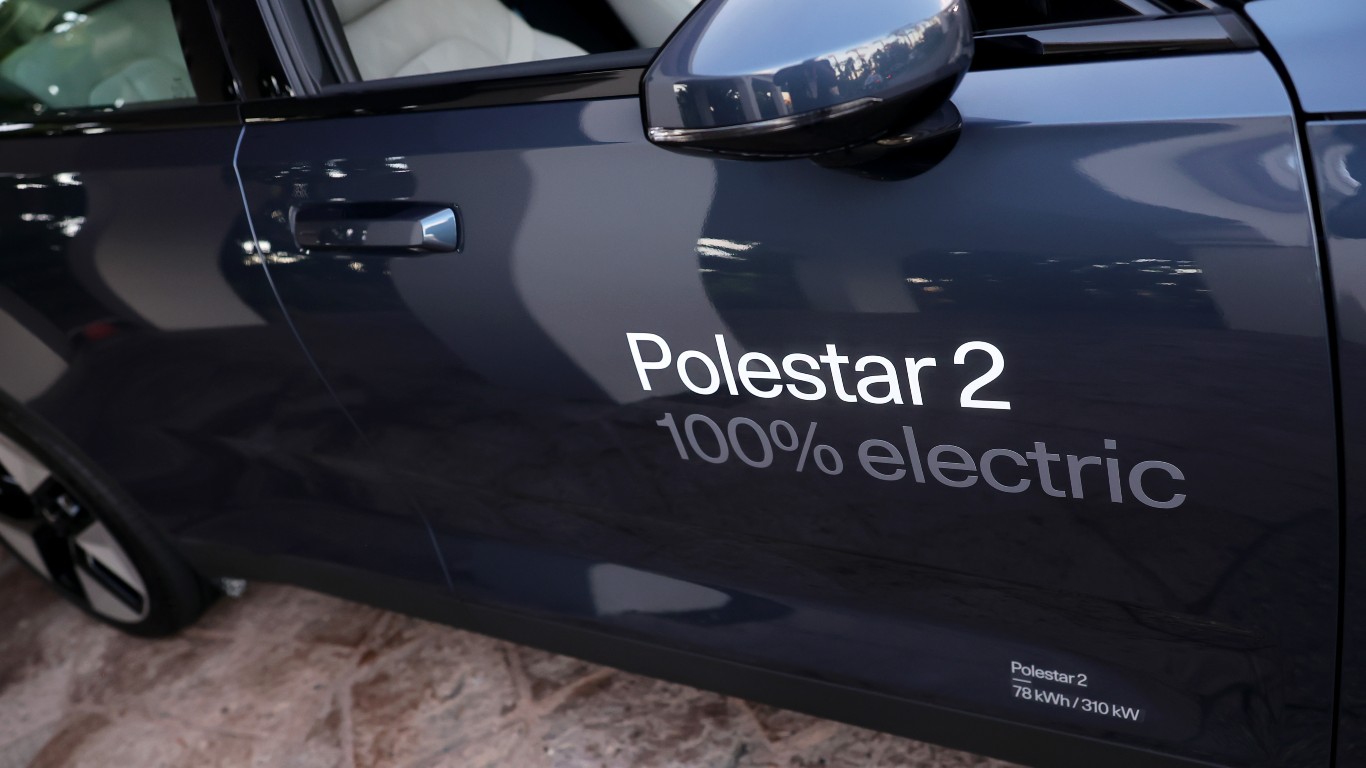
The Volvo brand has been around for almost 100 years. In 1999, Ford acquired Volvo for about $6.5 billion. More than a decade later, Ford sold Volvo to China’s Geely for $1.8 billion. Geely/Volvo acquired Polestar, a Swedish auto racing team, in 2015 and used the name for its first round of EVs. Polestar Automotive Holding UK PLC (NASDAQ: PSNY) came public in June 2022. Polestar’s production is split nearly equally between BEVs and PHEVs. Volvo currently owns 49.5% of Polestar, and Geely owns 82% of Volvo.

Renault and Nissan first formed an alliance in 1999. When Nissan acquired a controlling interest in Mitsubishi in 2017, the Japanese automaker was added to the so-called Alliance. The Alliance’s best-selling products are the all-electric Nissan Leaf and the Renault Zoe. Combined sales of the Alliance’s BEVs and PHEVs in the first half of 2023 totaled about 230,000. Renault is replacing the Zoe in 2025 with a new mini-BEV Renault R5. The Zoe has been the top-selling BEV in Europe since 2020. Renault (RNLSY) and Nissan (NSANY) trade over-the-counter in the United States.
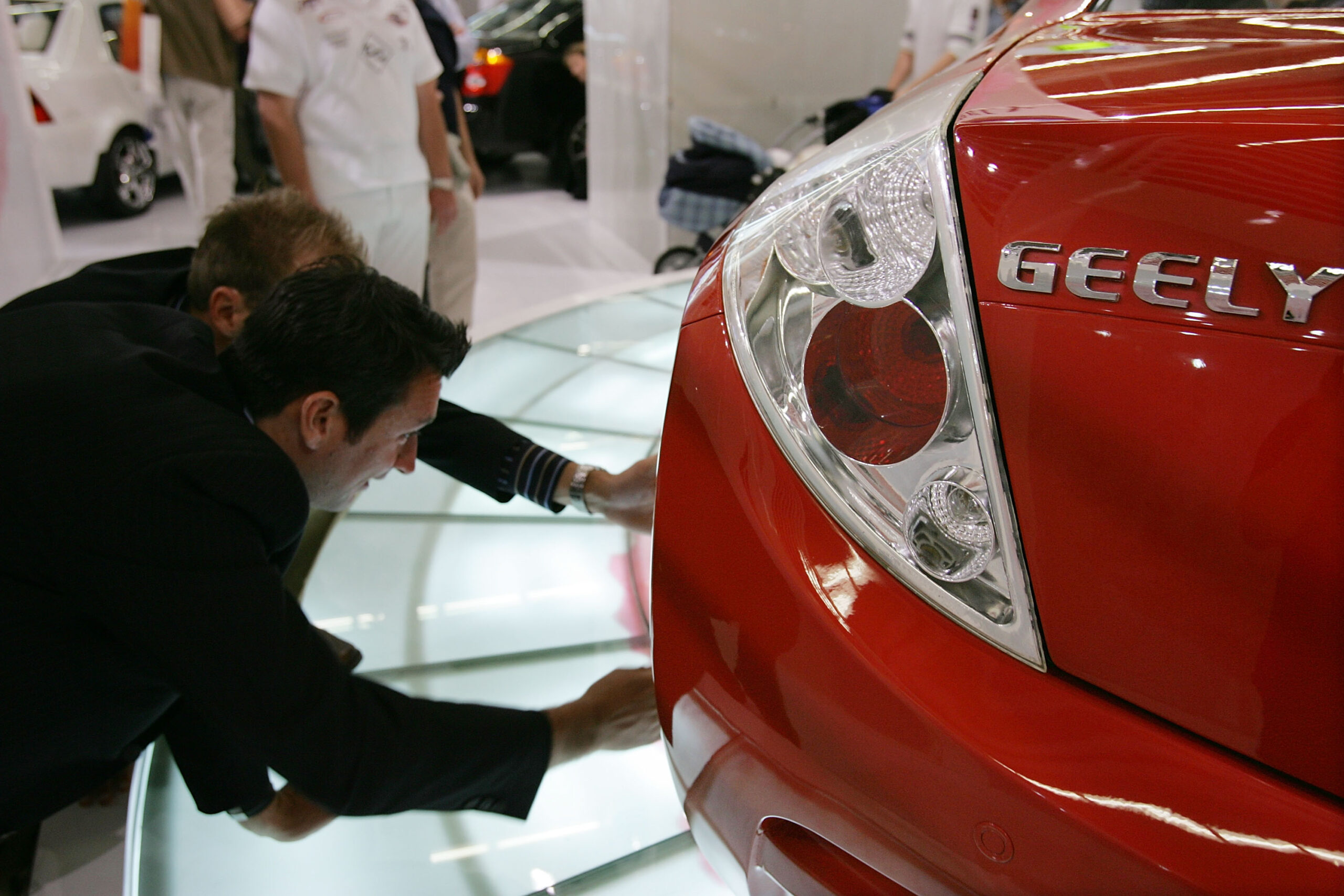
Geely Automotive Holdings Ltd. (GELYY) trades over-the-counter in the United States. The Hangzhou-based company sold about 277,000 vehicles in October, including nearly 107,000 new energy vehicles (NEVs is China’s term for BEVs and PHEVs), about 60,000 of which were Volvos and about 13,000 were Polestars. Geely also owns the Zeeker premium BEV brand. Sales of two Zeeker models in Europe are expected to begin by the end of this year.

Mercedes-Benz Group AG (MBCAF and MBGYY) trades over-the-counter in the United States. For the first nine months of 2023, the company sold 174,450 BEVs and 111,558 PHEVs. Included in that total are 14,200 smart brand BEVs. Germany has cut consumer incentives to purchase EVs this year and is expected to cut them further in 2024, threatening the country’s goal of putting 15 million EVs on the highway by 2030. The company has said it will continue selling ICE vehicles wherever it can after 2035, the year ICE vehicles may no longer be sold in the EU.
Guangzhou Automobile Group Co. Ltd. (GNZUF and GNZUY), aka GAC, trades over-the-counter in the United States. It is China’s fifth-largest automaker. The company sells Aion and Hyan brands and joint-venture brands with partners Toyota, Honda, and Mitsubishi. The company loaded its first exports (to Thailand) in August. For the first half of 2023, GAC sold 1.16 million vehicles, with the Honda and Toyota joint ventures accounting for about 750,000, down sharply year over year. The company’s Aion NEV doubled sales year over year in the first six months of 2023 to nearly 210,000 vehicles. GAC has its eye on Southeast Asia’s NEV market.
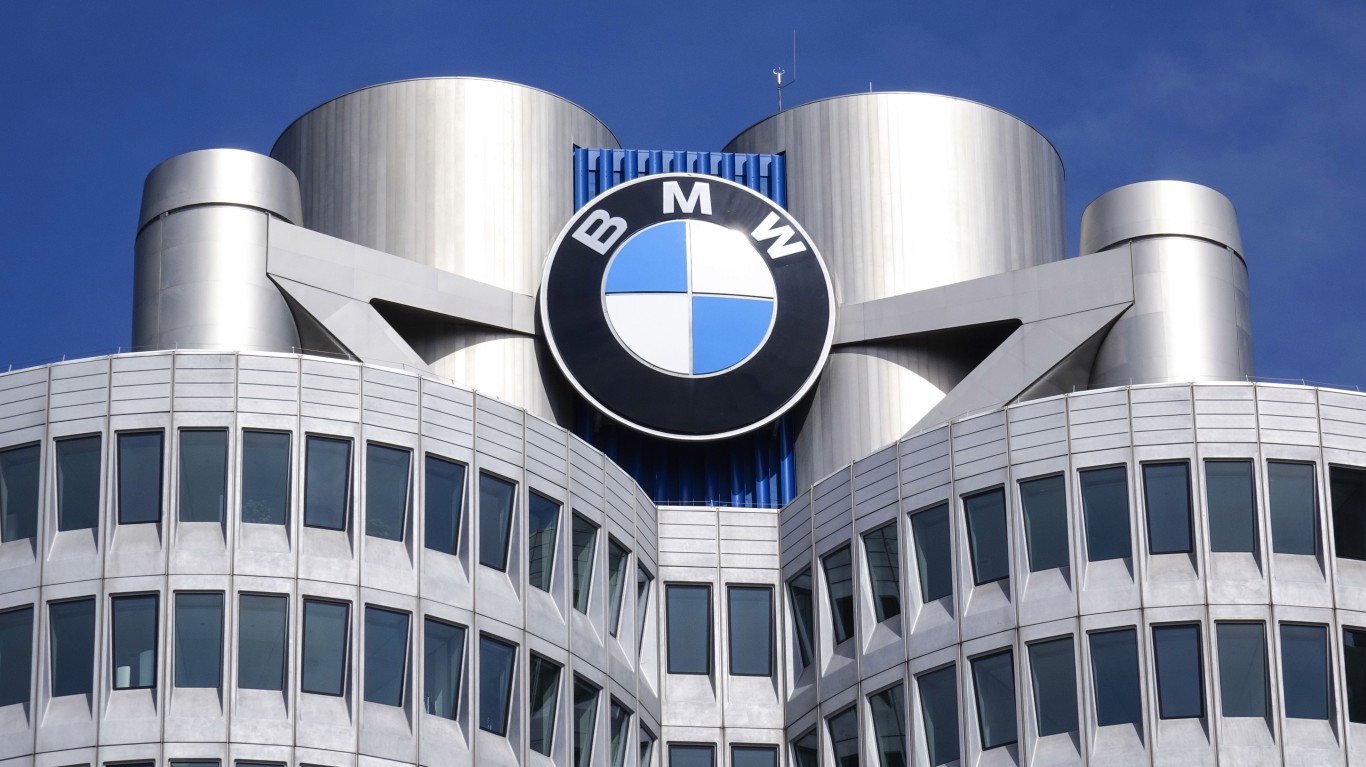
Bayerische Motoren Werke Aktiengesellschaft, aka BMW, (BMWYY) trades over-the-counter in the United States. Measured by market cap, BMW is the fifth-largest carmaker in the world. Last week, the company’s Munich plant built its last-ever internal combustion engine. BMW sold more than 620,000 vehicles in the first nine months of 2023, including nearly 94,000 BEVs, an 80% year-over-year increase. PHEVs accounted for 46,000 new car sales, a dip of about 1% year over year.
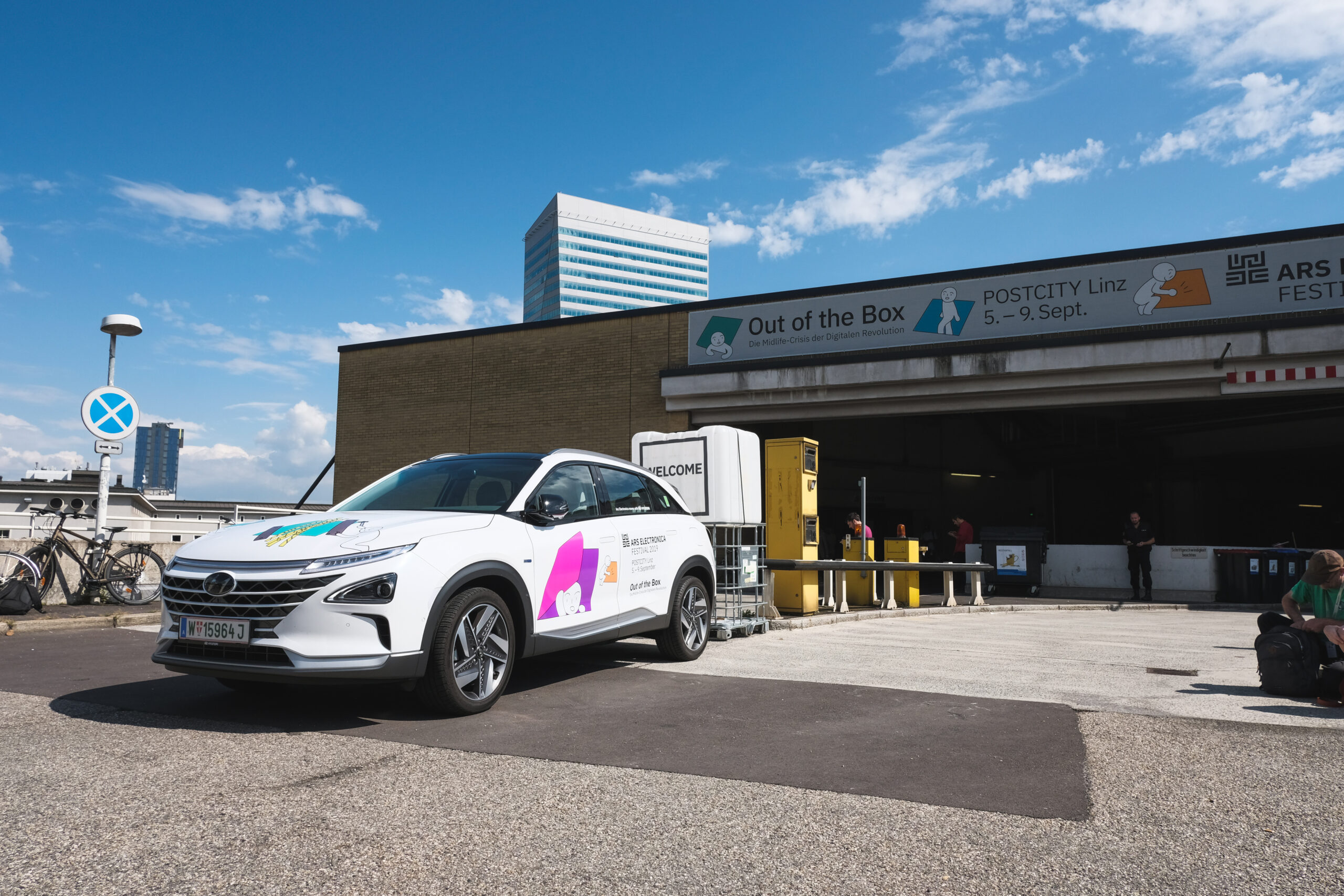
Seoul, Korea-based Hyundai Motor Co. (HYMTF) trades over the counter in the U.S. The company sold almost 656,000 vehicles in the first 10 months of 2023, of which about 36,000 came from sales of the Ioniq 5 and Ioniq 6. Sales of the Tucson PHEV and other hybrid models aren’t reported separately. Hyundai also sells a fuel-cell vehicle, the Nexo. The company has delivered just 196 in 2023, down by half year over year.
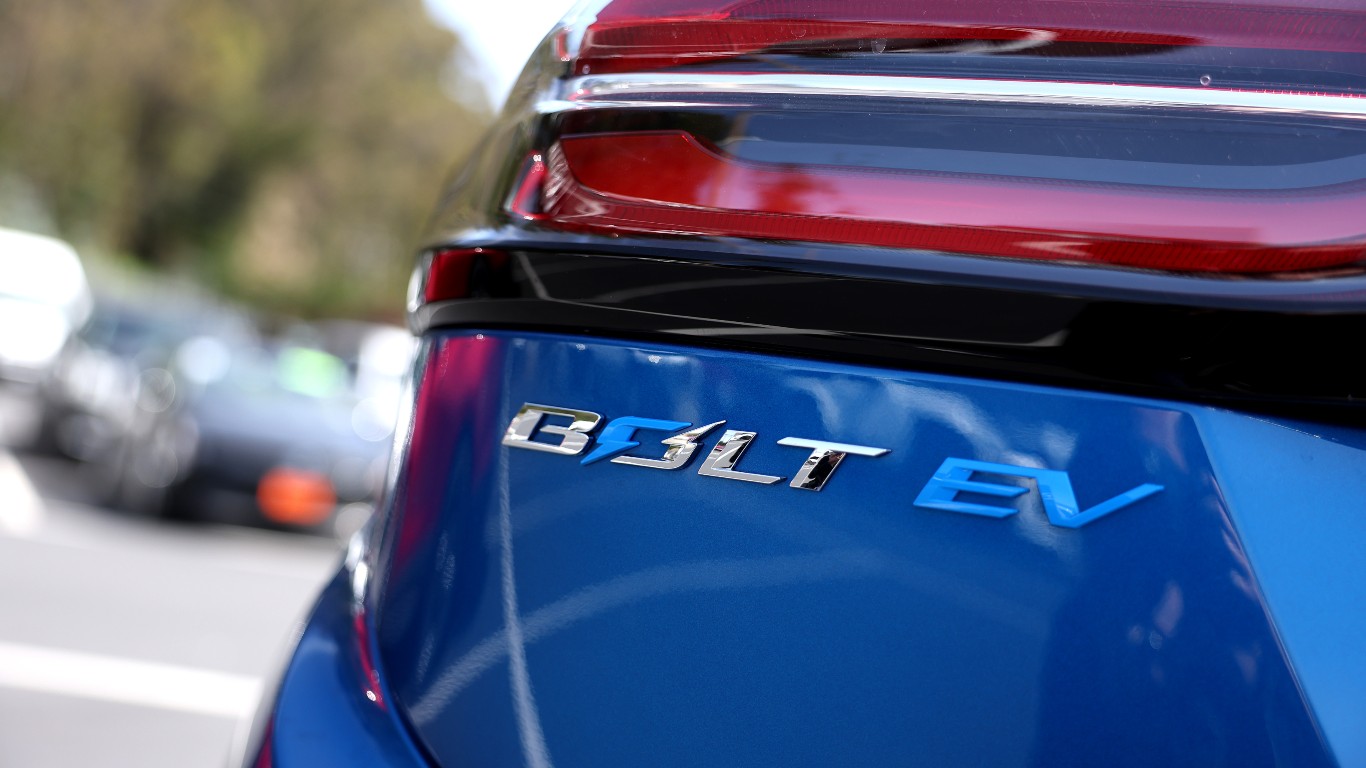
One of the remaining Detroit 3, General Motors Co. (NYSE: GM) and its China-based joint venture partner Wuling delivered about 250,000 EVs in the first nine months of 2023. Just over a quarter of those were sold in the United States, where the Chevy Bolt accounted for about 75% of EV sales. Last month, GM and Honday dumped a planned joint venture to produce more affordable EVs, due in large part to GM’s renewed focus on profitability. The company has also withdrawn its plan to produce 400,000 EVs this year.
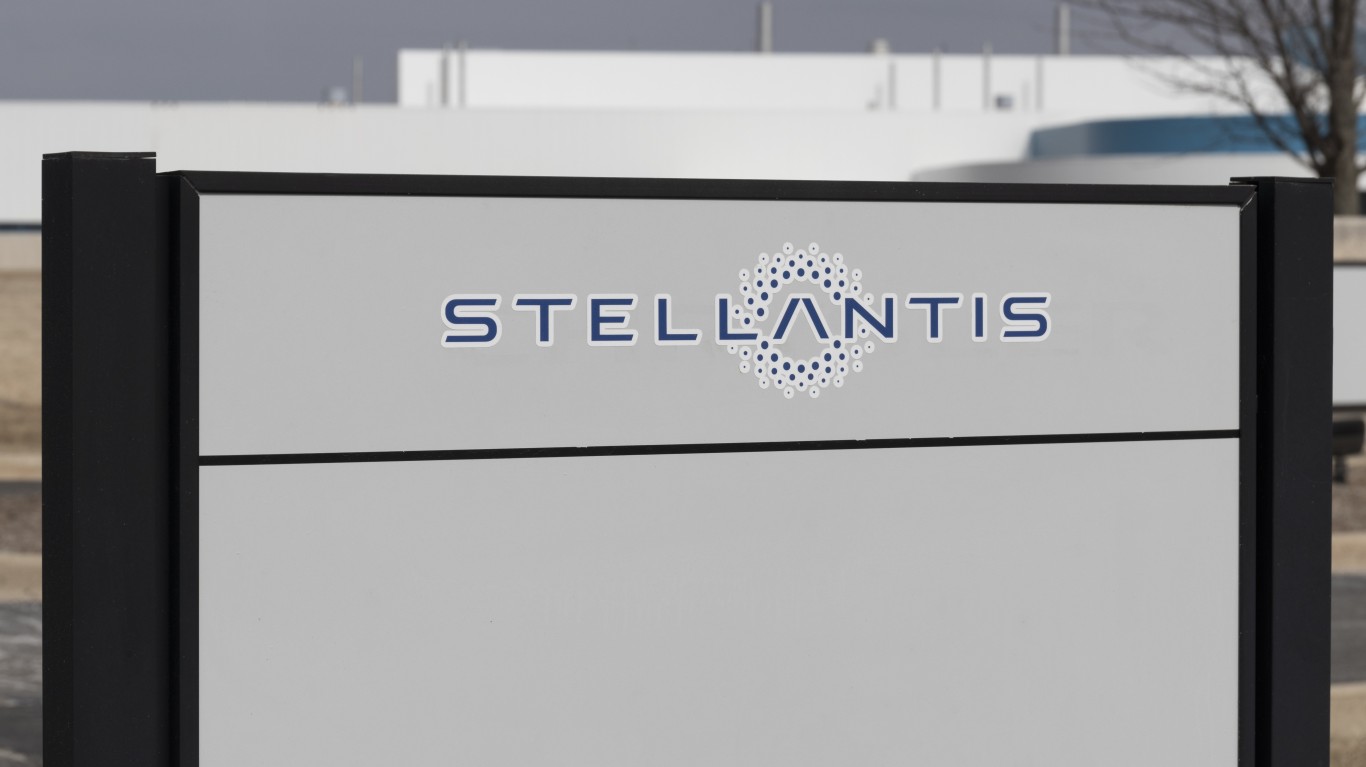
Another one of the Detroit 3, Stellantis NV (NYSE: STLA), is now based in the Netherlands and controlled by Exor, a privately held investment fund managed by the Agnelli family, founders of Italy’s Fiat and controlling owner of Ferrari NV (NYSE: RACE). The company’s focus on PHEVs is paying dividends because plug-in hybrids are cheaper than their all-electric cousins, and gasoline is still more widely available than charging stations. Stellantis sold nearly 99,000 PHEVs in the United States in the first nine months of 2023, up by more than a third year over year. Global BEV sales rose by 37% year over year in the third quarter.

Volkswagen AG (VWAGY and VWAPY) trades over-the-counter in the United States. VW may be the most successful EV seller in Europe, with more than 210,000 BEV sales in the third quarter of this year and more than 531,000 for the first nine months. VW sold nearly 2.1 million vehicles of all kinds in the first three quarters of the year. The company did not expect the shift to PHEVs, and its order book is not filling up as quickly as VW expected it to. BEV sales in China through its joint venture with SAIC have more than doubled but amounted to just over 40,000 in the first nine months of the year for sedans and 21,000 for SUVs.

Start by taking a quick retirement quiz from SmartAsset that will match you with up to 3 financial advisors that serve your area and beyond in 5 minutes, or less.
Each advisor has been vetted by SmartAsset and is held to a fiduciary standard to act in your best interests.
Here’s how it works:
1. Answer SmartAsset advisor match quiz
2. Review your pre-screened matches at your leisure. Check out the advisors’ profiles.
3. Speak with advisors at no cost to you. Have an introductory call on the phone or introduction in person and choose whom to work with in the future
Thank you for reading! Have some feedback for us?
Contact the 24/7 Wall St. editorial team.